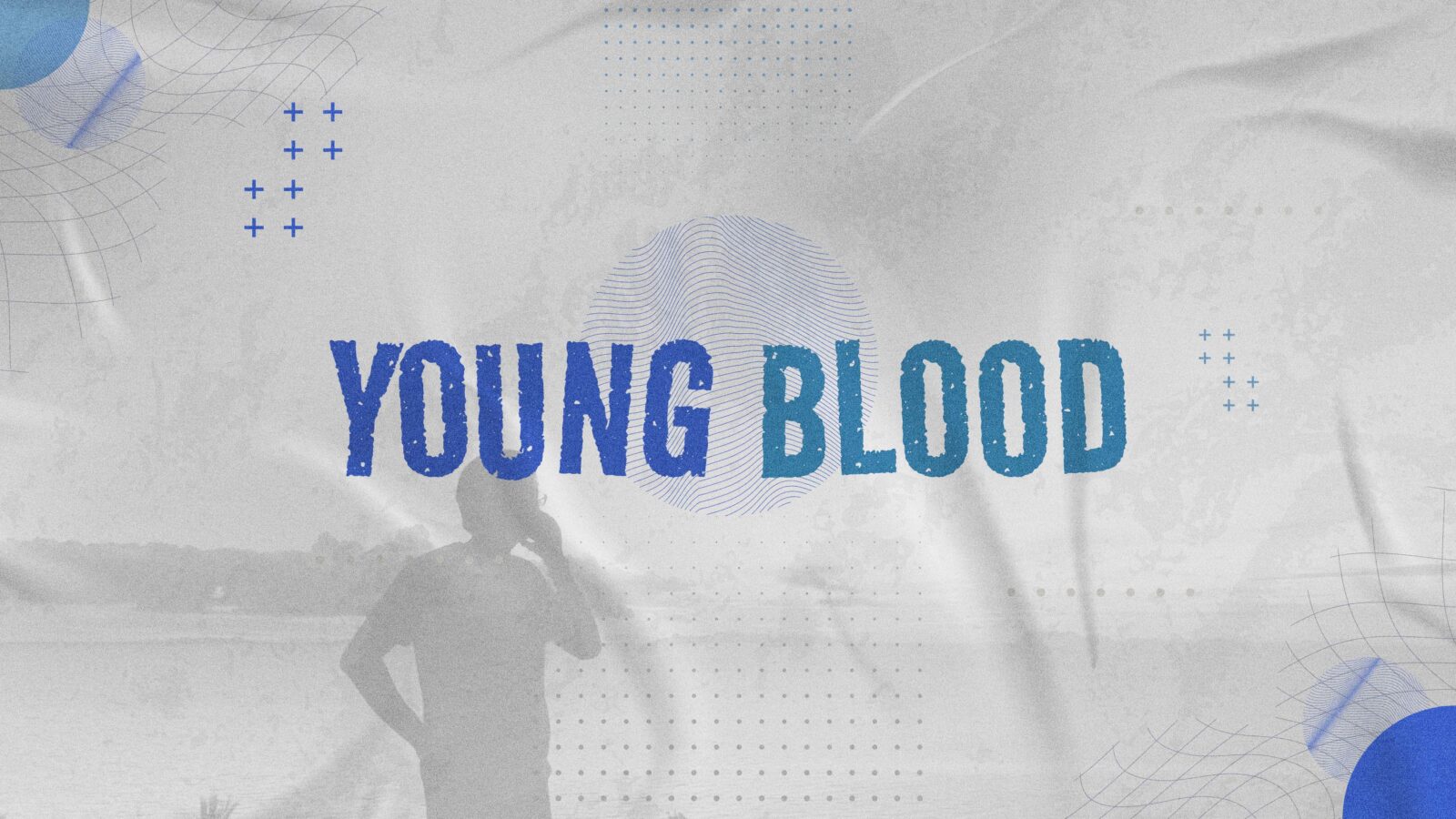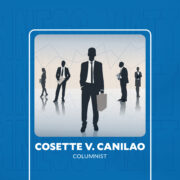The yearning youth

Progress over perfection, as they say. The results of the 2025 midterm elections were far from what I expected, yet they were better than the last one.
My longing for something greater was crushed with the 2022 poll results. I had discussions with older people to expand and open their perspectives, or maybe discover more beyond what I have learned from all this relentless research, but I would always receive a “You’re not a voter yet, what do you know?” or “It’s just another election, it’s no big deal! We can just move on!” or “At the end of the day, it’s only you who can help yourself.”
Let’s talk about privilege and how this gives birth to ignorance. Aren’t nonvoters also affected by how our system works? That vote you cast in your ballot is not simply for the politicians you idolize; it’s also the voice of the youth, the ones you always underestimate because you have more “experience” than they do. It’s a chance to change the trajectory of our lives. To live the life that we deserve.
Unfortunately, in every move that we do, politics creeps in—who gets access to opportunities, whose voices are heard, and who gets left behind. Education, health care, transportation policies are shaped by people we gave power to. Makes sense if you don’t care, you’re not the one affected. It becomes truly dangerous when the ignorant and the self-serving opportunists join forces, like handing a loaded weapon to someone who doesn’t know how to use it, and letting someone else aim it wherever they please.
After all, it’s you who gave them the power to serve. But that power is not a free pass to strip away your human rights or ignore your needs. How did we let the balance of power slip so far? It’s time we reminded them who holds the real power.
We can just move on. Rich of you to say because you can. How about the ones who suffer the real consequences? How can they move on? For them, every day is a battle to survive. Moving on means fighting to make ends meet, raising their families in the face of rising costs, struggling to access health care, and fighting for education that should have always been free. Moving on? They don’t have the luxury of simply forgetting and moving forward when they are drowning in the weight of systemic injustice.
The internet played a big role, but it’s a two-edged sword. In the end, you always have the choice whether to utilize your resources properly or to feed your own biases. We have the power to educate ourselves, to challenge misinformation, and to connect with ideas that may not align with our own. It’s easier to fall into the trap of comfort and consume what’s familiar, what affirms our views, and avoid the complexities that might make us uncomfortable. Feel every bit of that, for that is the truth. This is the very reason to vote wisely, for it is not just a right, but a responsibility that we, as Filipinos, must uphold.
The youth, who were often dismissed and seen as inexperienced, fought in this election. Their involvement is exactly what we need—a necessity for the evolution of our society. History is filled with examples of when ignorance and apathy combined to elect those who didn’t serve the people’s best interests. But voting wisely isn’t always simple. The choices are not black and white. The candidates may seem equally flawed, and the systems in place can appear rigged against the people. However, it is our responsibility to wade through the noise, to educate ourselves, and to make a choice that aligns with the greater good, not just our immediate interests. Democracy craves participation, and participation demands knowledge.
Voter apathy is not just an absence of action; it is a passive endorsement of the status quo. When we choose not to vote, we relinquish our power and allow those less noble intentions to dictate the course of our future. The consequences of not voting extend beyond the ballot box–it results in the perpetuation of ineffective, self-serving people that do not prioritize the needs of the people. Every vote carries with it a sense of personal responsibility, a commitment to the greater good of society. We cannot afford to passively wait for change to happen. It is not enough to simply wish for progress; we must actively participate in shaping it. Every time we cast our vote, we make a statement about the kind of future we want to live in.
It’s not enough to vote every few years and walk away. Accountability is a continuous process. We must hold our elected officials accountable, not just at the polls, but in their day-to-day actions. Likewise, we must hold ourselves accountable by staying informed and ensuring that our voices are heard, not just when it’s convenient, but consistently. The strength of a democracy lies in the vigilance of its people.
All of us will win when you vote for someone who cares.
—————-
Marielle Arce, 17, is a humanities and social sciences student and a yearner.

















The case of unregistered Filipinos